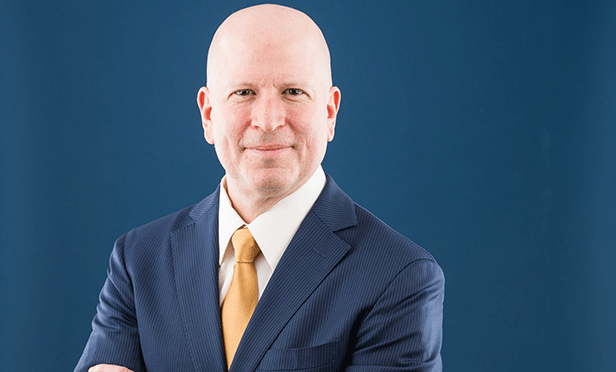Given the scale and complexity of a commercial mortgage—especially a securitized one—it probably isn’t accurate to compare loan covenants to the fine print in a contract that few bother to read. Yet, as Tanya Little, CEO of Dallas-based Hart Advisors Group, tells Distressed Asset Investments, there is a similarity in that many borrowers at the market’s peak never anticipated that those covenants would someday cause them grief. For an increasing number, someday has arrived.
“When the values go down and your debt service coverage ratios aren’t there, those covenants can become difficult,” Little says. The watchword here in asset-managing properties subject to these covenants: an ounce of prevention is worth a pound of cure. Education is key, for both the asset manager and the borrower.
Asset management a few years ago rarely was concerned with loan covenants. Today, says Little, “If you’re on the ball, it’s very important that you’re managing the property and you’ve really looked at that loan to make sure that those covenants are being met—and if they’re not being met, that you’re taking the appropriate steps to make sure the loan stays healthy from the standpoint of liability or risk.”
Take DSCRs, for example. In loans originated at the height of the market, “some of those hurdles are quite high,” Little says. A loan covenant that gives the lender approval rights on leases of certain sizes could contain a trigger requiring the bank’s approval on any lease if the DSCR falls below the threshold. “Or the covenant may say that if you’re unable to get a certain rate for the space or you spend over a certain amount for TI, then all those leases need approval.”
In those halcyon days of the late 2000s, when rents were where they needed to be and meeting debt service wasn’t an issue, such covenants were frequently “ought of sight, out of mind,” Little says. Today, some owners continue operating without much awareness of those requirements—or much awareness that they may be in violation of them. “You don’t want to trip some clause that would be problematic when you’re going for a loan renewal or even a restructuring,” she says.
The onus is largely on borrowers to keep tabs on their own compliance, but Little notes that lenders do monitor some of the covenants. “On debt coverage, for example, there’s monitoring on a regular basis,” she says. “You’re sending them operating statements on at least a quarterly basis. But they don’t know if you’ve just done a lease at $4 per square foot, where the threshold was $6 per foot.”
Often it’s the little things that can send borrowers tripping over the thresholds of their covenants. “But I’ve seen big properties with a lot of moving parts that require lender approval,” says Little, adding that she has “gone in and cleaned up” some of these situations.
Securitization underpins much of the debt originated in the market’s 2005-2007 heyday, and it’s the “bad boy” clauses in CMBS covenants that have many of Little’s clients scared. The real concern, she says, is that “a lot of borrowers aren’t totally clear what can trigger one of those clauses. They’re not intentionally trying to trigger a bad boy clause, but sometimes they just don’t know.” She advises awareness of the clauses and what can trigger them, along with making certain that borrowers have protected themselves against the risk of triggering one of the clauses, “now or in the future.”
Hart Advisors doesn’t provide legal advice, and the firm recommends that borrowers check with their counsel. “Because there are horror stories out there,” Little says, and bad boy clauses can be triggered by actions that borrowers wouldn’t think of. As a case in point, she cites the example of a clause that was triggered because the borrower made an entity change, “and didn’t realize that they couldn’t make that change” under terms of the covenant.
© Touchpoint Markets, All Rights Reserved. Request academic re-use from www.copyright.com. All other uses, submit a request to [email protected]. For more inforrmation visit Asset & Logo Licensing.







